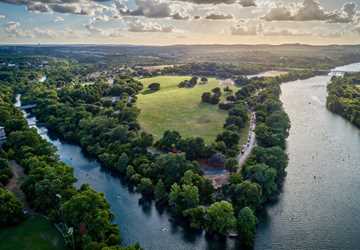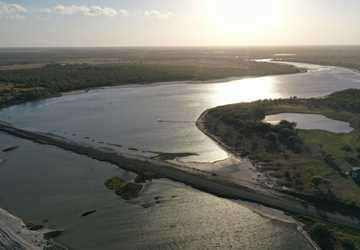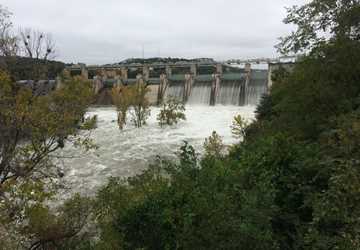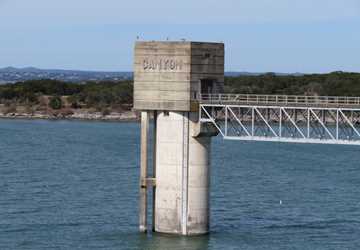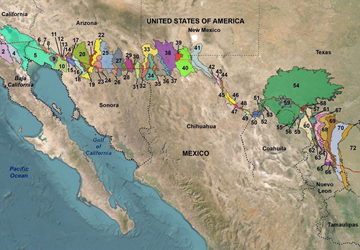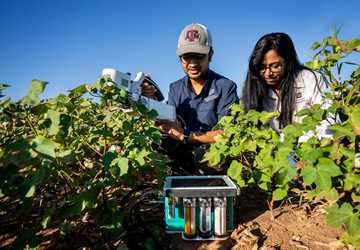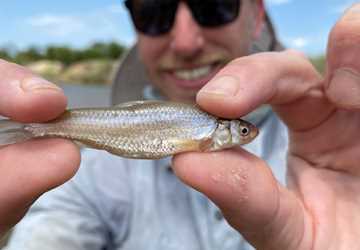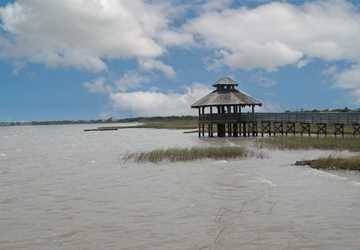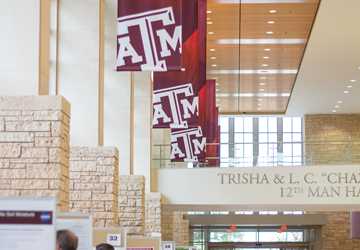TWRI project impacts grow, evolve
Texas Water Resources Institute (TWRI) staff and scientists continue to make an impact on water quality, research, conservation and education throughout the state. TWRI currently manages 65 projects serving Texas and received $3,760,962 in new external grant funding in 2022. Read more in our 2022 Annual Report.
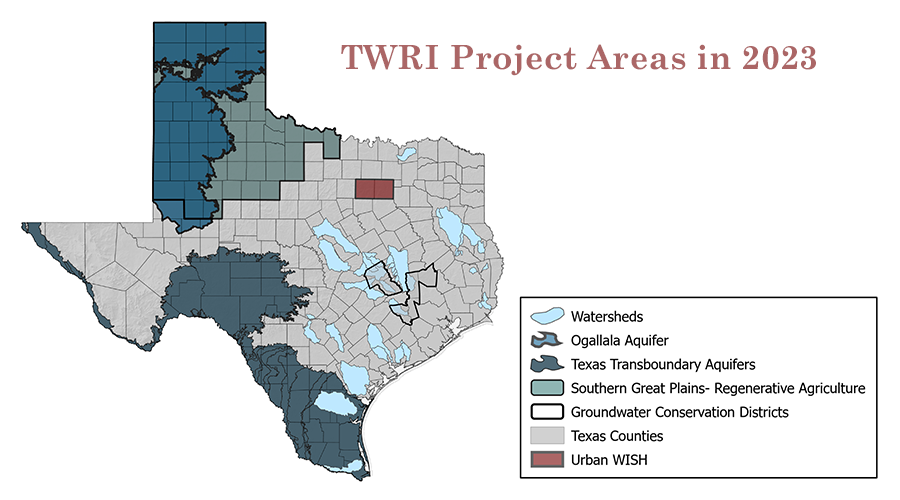
Estimated reading time: 3 minutes
Catch up on TWRI's water research and outreach impacts
Want to get txH2O delivered right to your inbox? Click to subscribe.
Hundreds of Texas students compete in National Geographic challenge
Thanks to tireless schoolteachers, students’ hard work and support from TWRI and Texas A&M AgriLife, this spring hundreds of middle and high school students in Texas produced educational videos about environmental science for the National Geographic Slingshot Challenge.
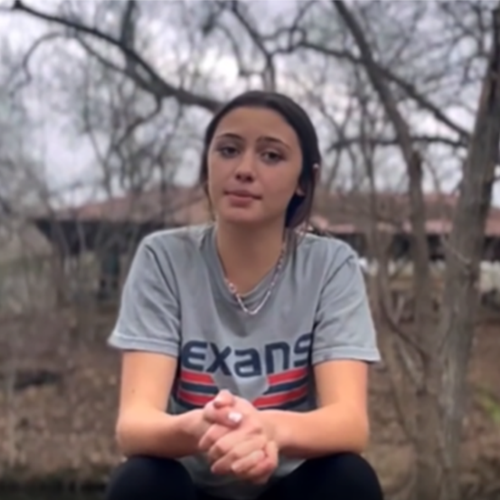
Kelly Albus, Ph.D., TWRI research scientist, received National Geographic funding support to serve as the Slingshot Challenge Supporter for the entire state. She helped teachers use the challenge to complement and fulfill course requirements.
“Place-based learning and citizen science are fantastic ways to really teach students and facilitate open-ended learning,” Albus said. “They learn how to follow research to its end, and students get to do their own projects and find their own voice, which makes a higher impact on learning. This also impacts students’ life behaviors, which in turn can impact environmental quality.”
Lindsay O’Gan, a middle school teacher in Wimberley Independent School District, successfully helped all 115 of her 8th-grade science students create videos for the challenge. As a result, many of the students learned about local water quality impairment issues and got involved in restoration efforts.
Faculty Fellows Program
TWRI’s Faculty Fellows Program leverages U.S. Geological Survey funding to support recipients as they develop and submit further project proposals seeking external funding.

The inaugural class of Faculty Fellows was named in 2021:
- Saurav Kumar, Ph.D., formerly with Texas A&M AgriLife Research Center at El Paso, Texas A&M Biological and Agricultural Engineering.
- Katie Lewis, Ph.D., associate professor of soil chemistry and fertility at the Texas A&M AgriLife Research and Extension Center at Lubbock.
- Itza Mendoza, Ph.D., assistant professor, Texas A&M School of Public Health.
From the first round of fellows’ proposal submissions, a $10 million proposal to the U.S. Department of Agriculture’s National Institute of Food and Agriculture was awarded to Lewis, who serves as principal investigator of the resulting Southern Great Plains Regenerative Agriculture project.
The 2022 Faculty Fellows both research PFAS in the environment and remediation methods:
- Yina Liu, Ph.D., assistant professor, Texas A&M Department of Oceanography.
- Xingmao ‘Samuel’ Ma, Ph.D., associate professor, Zachry Department of Civil and Environmental Engineering, Texas A&M.
The 2023 Faculty Fellows are:
- Pao-Tai Lin, Ph.D., associate professor, Texas A&M Department of Electrical and Computer Engineering.
- Ying Li, Ph.D., professor, Texas A&M Department of Mechanical Engineering.
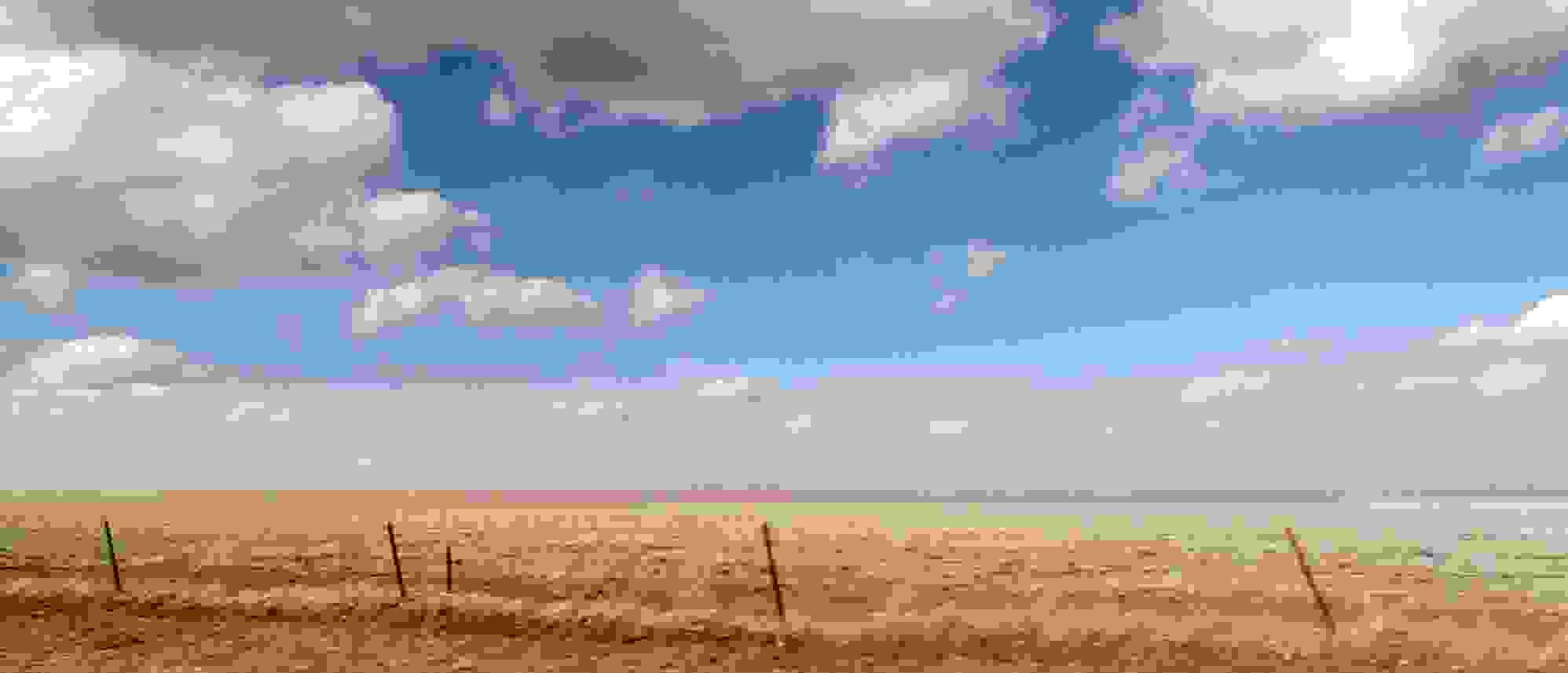
Ogallala Aquifer and rangeland management
Spanning from South Dakota to Texas, the Ogallala Aquifer is the largest freshwater aquifer in North America. But, for decades research has shown that much of the Ogallala in Texas could be depleted as soon as 2100 if recharge and use continue at current rates.
Recent research co-authored by Ed Rhodes, TWRI research specialist and Ph.D. student at the Caesar Kleberg Wildlife Research Institute at Texas A&M University at Kingsville, presented rangeland management strategies as key to the region’s future.
“We posit that the art and science of rangeland management stands uniquely poised to tackle this challenge directly through creative integration, where appropriate, of native rangeland restoration, improved pasture management, integrated crop-livestock systems, and regenerative agricultural practices aimed at preserving soil and rangeland health,” Rhodes said.
EPA accepts two new watershed protection plans
In 2023 two watershed protection plans developed by TWRI and local stakeholders have been accepted by the U.S. Environmental Protection Agency (EPA): the San Fernando and Petronila Creeks Watershed Protection Plan and the La Nana Bayou Watershed Protection Plan.
Plan acceptance is dependent on meeting EPA’s guidelines for watershed-based plans, and it is a major accomplishment for the coalition of local stakeholders and state officials who collaboratively create the science-based plans.

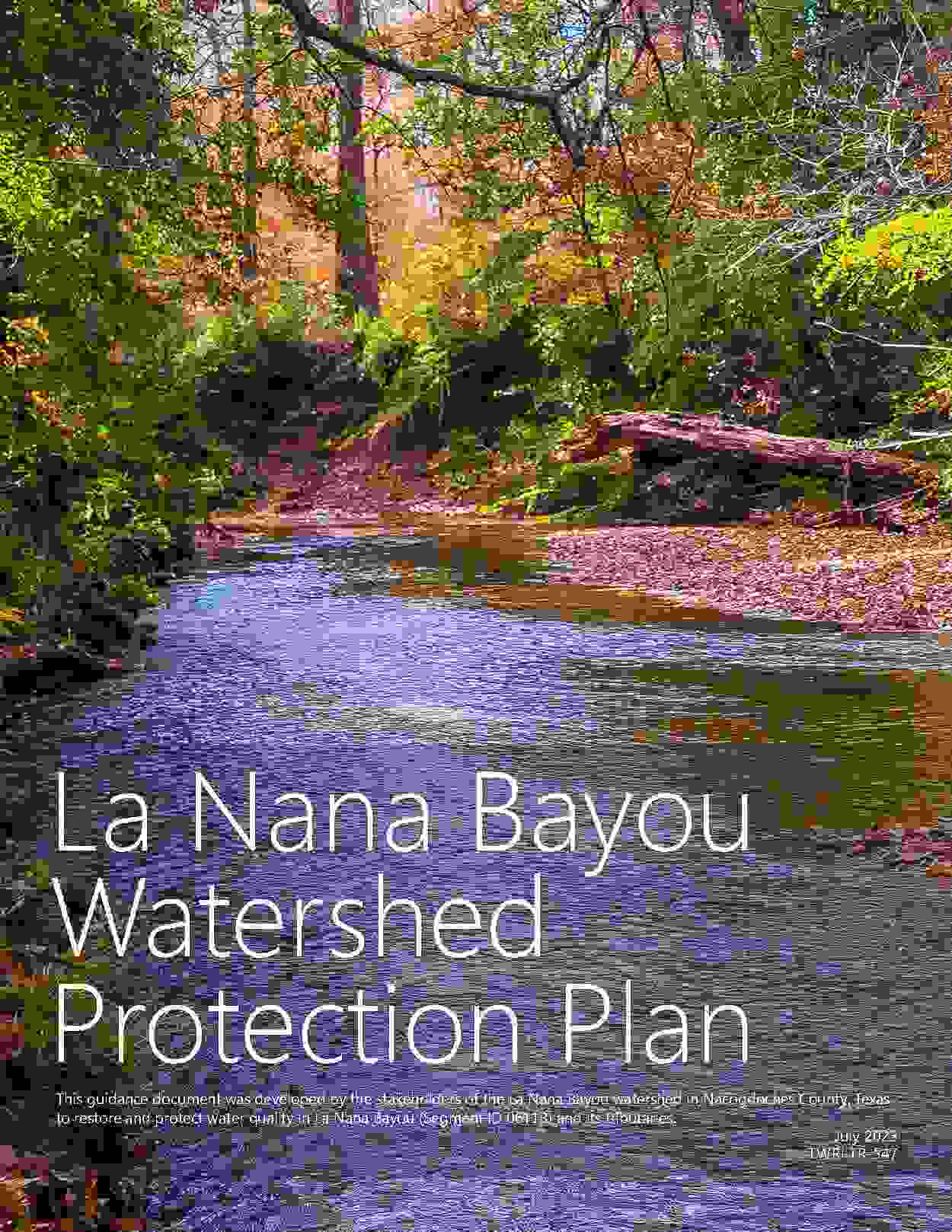
Explore this Issue
Authors
As communications manager, Leslie Lee leads TWRI's communications and marketing strategy and team, manages TWRI's publications, and coordinates effective communications support for TWRI's numerous projects serving the state of Texas.


